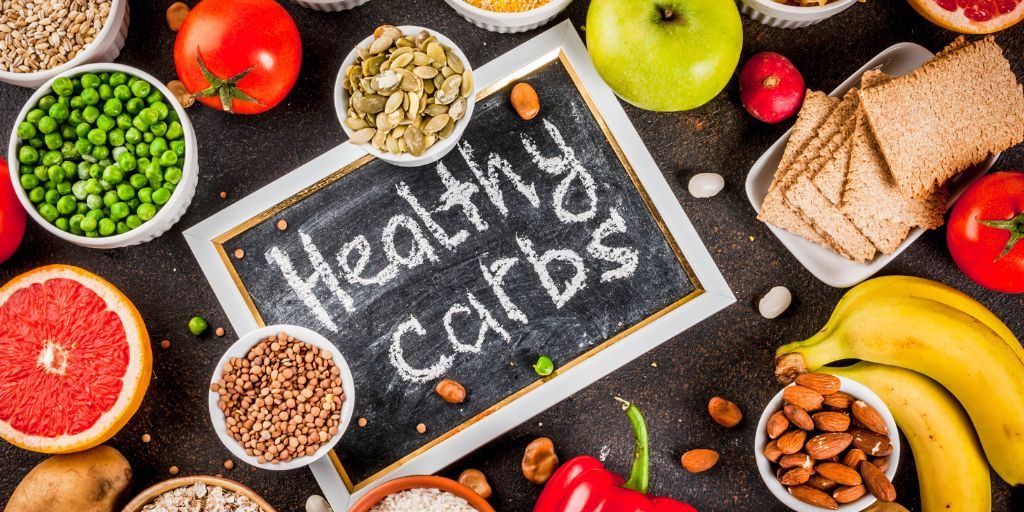For an athlete, it’s not just about eating, but about strategically planning your diet to achieve your performance goals. A well-planned diet, customized to your specific needs, can be a game-changer in your physical activity. In this article, we’ll explore the fundamental principles, giving you the nutritional key to elevate your sports performance.
Essential Macronutrients for the Athlete

The three main macronutrients are carbohydrates, proteins, and fats. Each plays a vital role in an athlete’s nutrition:
- Carbohydrates: are the primary source of short-term energy for training and competition. A sufficient intake of carbohydrates is vital for maintaining muscle glycogen stores, which are instrumental for performance during training and competition. Foods rich in carbohydrates include rice, pasta, bread, potatoes, fruits, and vegetables.
- Protein: Contributes to muscle tissue building and repair, which is essential for muscle recovery and growth. Good protein sources include lean meats, eggs, dairy, legumes, and protein supplements.
- Fats: Provide long-term energy and support key metabolic functions. Healthy fats also help reduce inflammation and maintain optimal cardiovascular health. Healthy sources of fats include vegetable oils, nuts, seeds, and avocado.
- Vitamins and Minerals: Vitamins C, iron, and calcium support the immune system, energy production, and bone health. They can be found in various fruits, vegetables, dairy, and supplements.
Securing these macronutrients in your diet will give you the nutritional key to boosting your athletic performance.
Nutrition Around Training

Nutrition around your training sessions is crucial to maximize the benefits. Here are some key guidelines:
- Pre-workout: Consume a meal rich in carbohydrates, moderate protein, and fat to provide energy and prevent premature fatigue. Our Anti-Fatigue Tea is part of the nutritional key to boosting your sports performance. It is the ideal pre-workout drink recommended for athletes, mainly to increase energy levels. Among its natural ingredients is maca root, which helps to fortify general body functions.
- During training: Maintain an adequate intake of fluids and rapidly absorbed carbohydrates to replace losses and maintain energy levels.
- Post-workout: Eat more protein and carbohydrates to facilitate recovery and muscle repair.
Hydration and Supplementation
Adequate hydration and strategic supplementation can complement a healthy sports diet:
- Hydration: Maintain a steady intake of water before, during, and after training to avoid dehydration and optimize performance.
- Supplemntatione: Some supplements, such as protein powder, creatine, or caffeine, can help improve performance and recovery when used correctly and under the supervision of a professional. If you want a 100% natural and effective supplement, learn more about our FAT BURNER by clicking here.
Recommended amount of carbohydrates for athletes

One of the most common questions is what amount of carbohydrates athletes should consume. Here we explain:
- Moderate physical activity (1-3 hours per day): 5-7 grams of carbohydrates per kilogram of body weight per day. Example: A 70 kg athlete would need 350-490 grams of carbohydrates daily.
- Intense physical activity (more than 4-5 hours per day): 8-12 grams of carbohydrates per kilogram of body weight per day. Example: A 70 kg athlete would need 560-840 grams of carbohydrates daily. These recommendations are based on the American College of Sports Medicine guidelines and the International Society of Sports Nutrition. It is important to note that individual needs may vary and should be evaluated by a sports nutritionist.
Remember that sports nutrition is an individualized process requiring you to adapt your eating habits to your needs. Consulting with a sports nutritionist to get personalized advice and reach your goals is also part of the nutritional key to boosting your sports performance.


